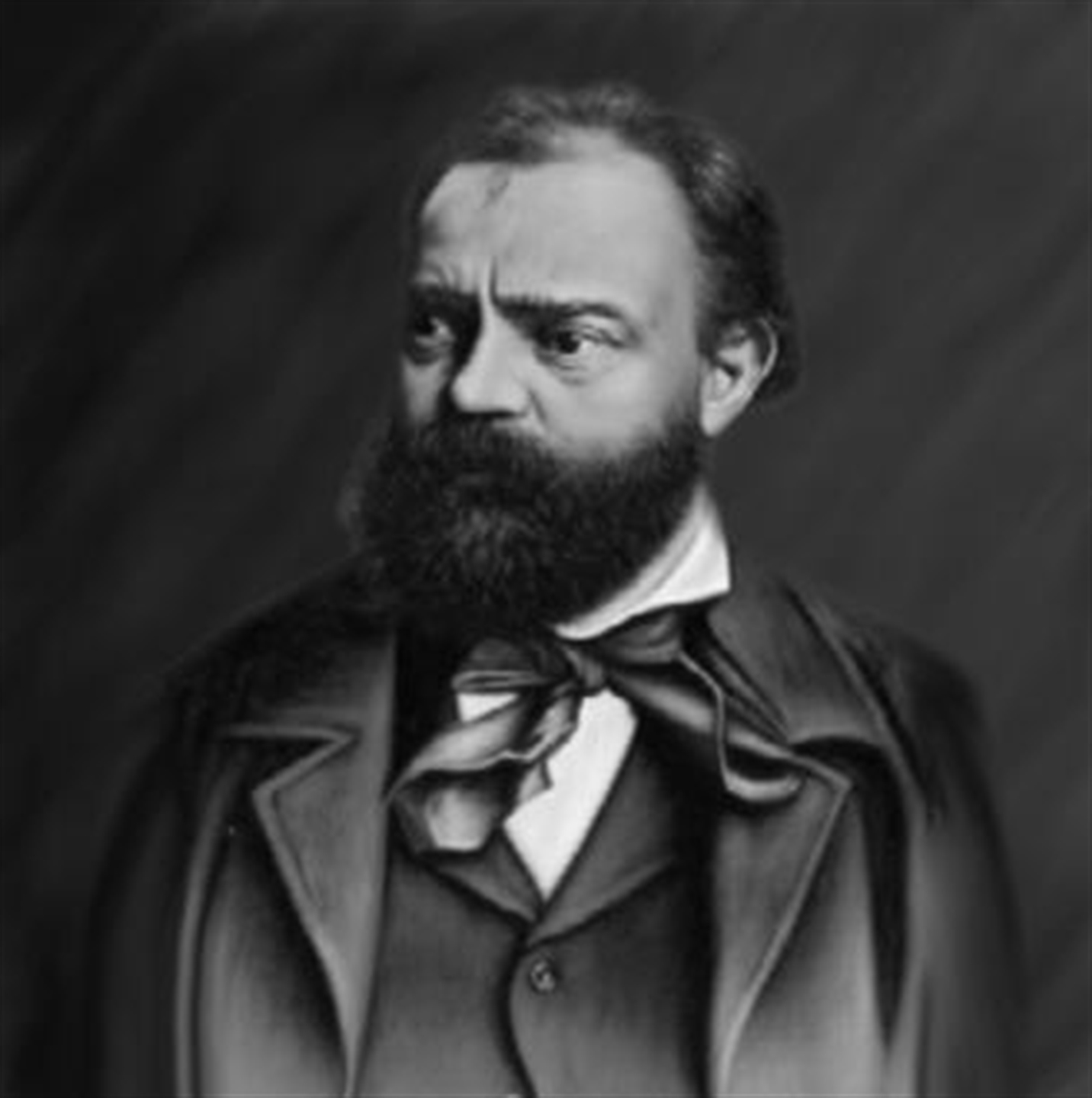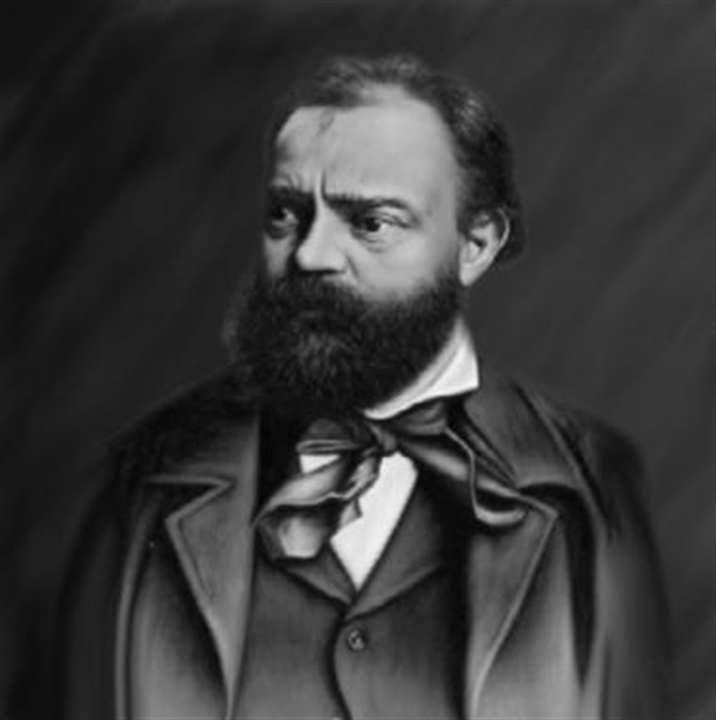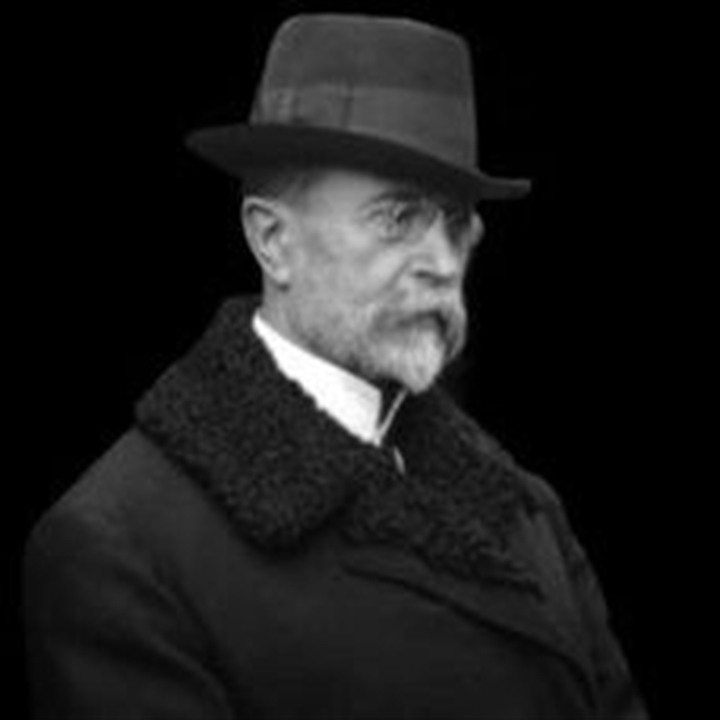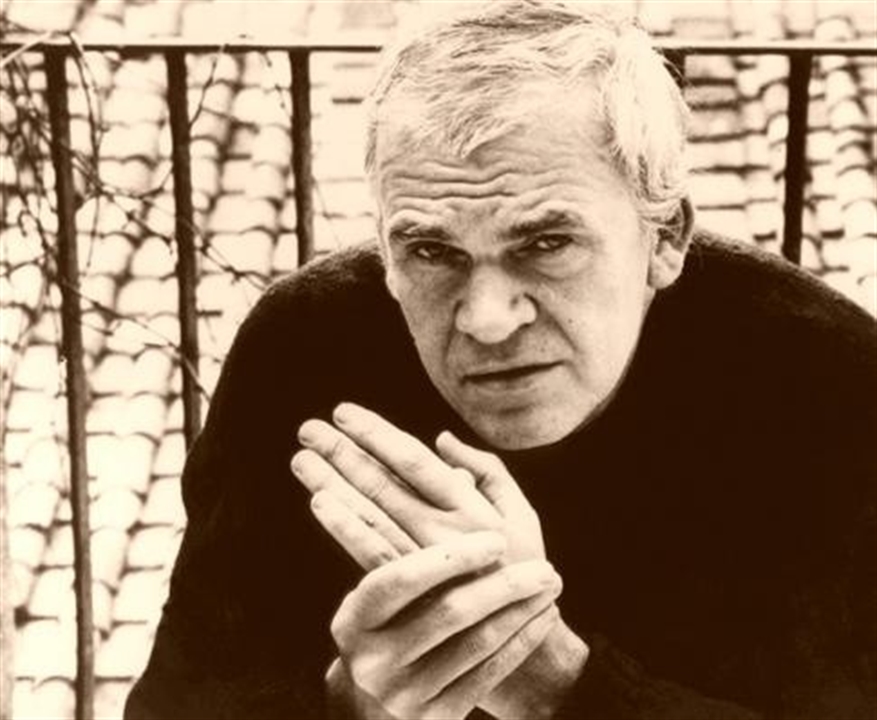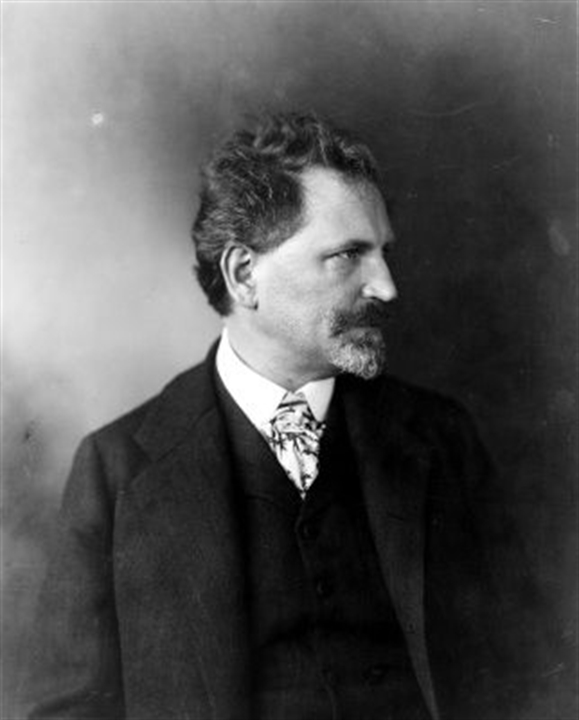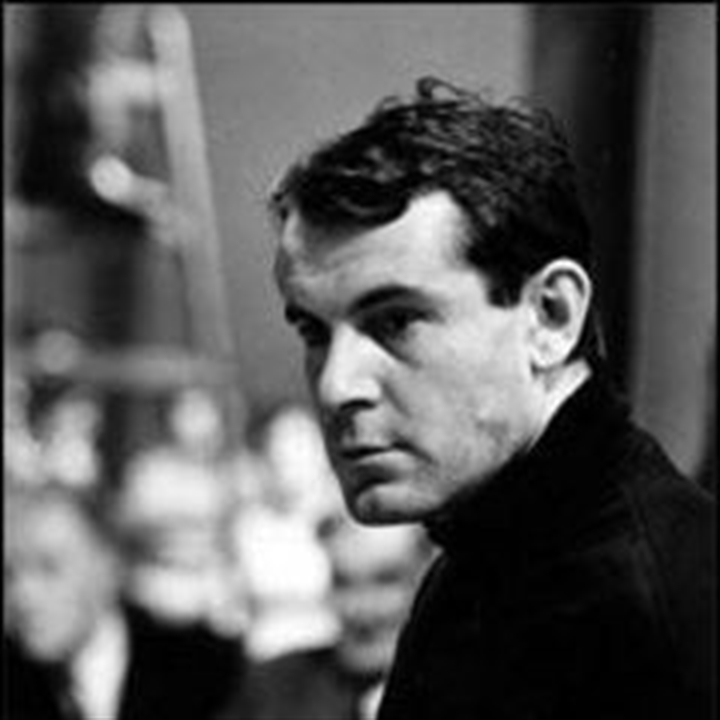Antonín Dvořák (1841 – 1904)
Antonín Dvořák was a Czech composer famous for his romantic compositions and melodic operas featuring folk music and stories about small villages in Bohemia and Moravia. Dvorak’s works include operas, choral, symphonic and chamber music. He is most famous for his New World Symphony, Slavonic Dances and his opera Rusalka. Antonín Dvořák was born in the small village of Nelahozeves where he spent the majority of his life. His talent was recognized early by his parents (although his father was a butcher, he also played the zither) and he received some musical education at the village school where he started at six years old. He went on to study music at Prague’s Organ School and played the viola and the violin; he then continued with the viola in the Bohemian Provisional Theater Orchestra in 1866 under conductor Bedřich Smetana. In 1871 he stopped playing in the orchestra to concentrate on composing music. He then went on to be organist at St. Adalbert’s Church in Prague; it was at this time that he became recognized for his immense talent, recognized by no other than Johannes Brahms who would also become his friend later in life. With Brahms assistance and knowledge of musical producers, Dvořák had Slavonic Dances published in 1878 to immediate success. His career blossomed and he visited and premiered works in England and Russia, wowing the critics and winning the hearts of classical music lovers. In 1891 Cambridge University awarded Dvořák with an honorary degree. From 1892-1895, the National Conservatory of Music employed him in New York City; it was in New York that he composed Symphony No.9 From the New World. After becoming homesick for his Bohemia, Dvořák returned in 1895 and concentrated on composing chamber music and operas, after which he became the director of the Conservatory in Prague in 1901 until his death in 1904. This extremely prolific artist left behind many unfinished works and is buried in the National Cemetery in Vysehrad.
